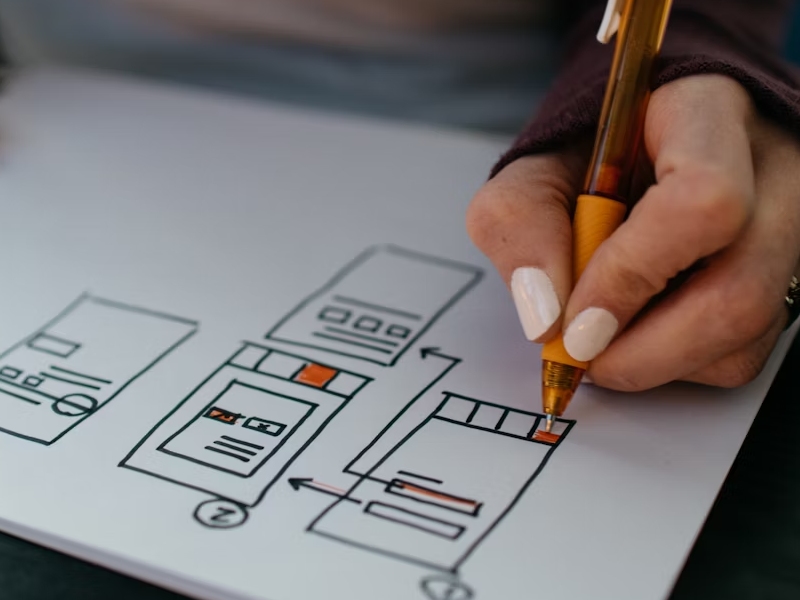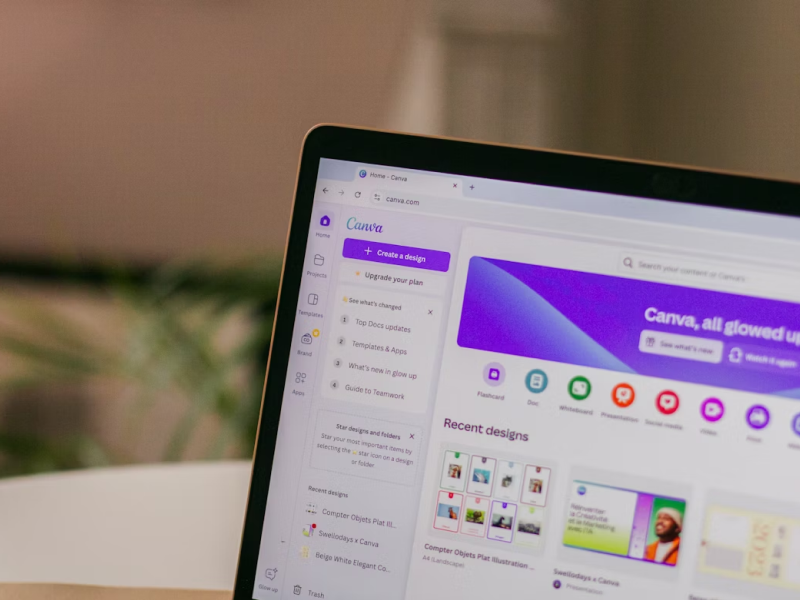We’ve all been down the YouTube rabbit hole. The place where you only go to watch a specific video, and before you know it, oops! You’ve just spent five hours of uninterrupted YouTube videos. Yes, I’m embarrassingly speaking from experience – more than I’d like to admit, actually.
But it’s not just a me problem! As of 2024, YouTube still holds the second-highest most popular social network – even after almost 20 years, with 2.5 billion monthly active users. That’s more than TikTok, Instagram, AND WhatsApp. In fact, the average person spends around 50 minutes on YouTube per day. And it’s only expected to grow in 2025.
It makes sense! After all, you can find practically anything you want on YouTube. From makeup tutorials to videos about how to center in HTML, funny sketches, late-night talks, and even documentaries. Like I said, anything! It’s not just music videos. So, it’s no surprise that people spend so much time on YouTube.
YouTube has a website and app design that was specifically crafted to feature an immersive user experience. The content that it has, the way that everything is presented, and even its elements. Nothing about its UI UX design is unintentional or accidental. Not even the features that might come across as flawed. Instead, it’s a result of deliberate design choices that have made YouTube the place where people can lose themselves for hours without even realizing it.
So why is that? What exactly makes YouTube so addictive? What UX features does YouTube have that maximize the watch time? How exactly does YouTube manage to keep us hooked?
Well, YouTube tracks every move that we make.
That’s not groundbreaking news – every platform does that. But what sets YouTube apart is how it leverages this data. YouTube (and Google – which work together hand in hand) have a system with a digital profile for each of us.
The whole purpose of YouTube’s AI is to understand us so that they can offer us a better user experience so that we come back for more. It’s a synergy. The better the content that is shown, the more we return to it, and the happier everyone is – us, as users, and YouTube.
So, with each interaction – when we watch a video, how much time we spend on that video, what we do while watching the video, at what minute we leave the video, and so on – the AI takes notes. YouTube even takes into consideration the videos that we didn’t watch. This way, YouTube knows what we like, our hobbies, our preferences, and especially, what we want to see more of. Trust me, that AI knows you even better than you know yourself.
From the moment we open YouTube’s home page, we can see exactly what we like. The accounts we watched for the last five hours – but with different content. Other videos that are related to what we have previously seen. And everything else that might be relevant to us.
So, if you obsessively watched many videos with Formula 1 yesterday, best believe you will also see other F1 videos today. It can even know what our favorite Formula 1 racer is. And it can even go as thorough as knowing the ideal length of a specific type of content. For example, while watching those Formula 1 videos, you might’ve ignored the 20-minute interviews and only watched compilations of the races.
It’s clear that YouTube has mastered personalization and A/B testing. That’s what makes their UI UX design so great. Because it all comes down to how accurately it can predict our needs. In fact, YouTube’s product chief even stated that 70% of what we watch is simply based on the algorithm’s recommendations.
The Auto-Play Hook
Most of the time, I’m using YouTube for background noise. Whether it is actual content or just music. This way, because of the auto-play feature, YouTube decided for me to stay on the platform. This simple transition removes any chance for us to consider whether we should continue watching.
But YouTube has designed this feature in a user-friendly way. The auto-play is not an aggressive demand but a subtle invitation that says, “Hey, you might like to watch this next.” If we don’t answer, the video automatically starts playing. But of course, YouTube still lets us decide for ourselves as well. So, combined with the personalization system, it suggests precisely what we would like to watch next, making it almost impossible to say no.
So, in either case – what do we do? We enter an endless loop of YouTube videos. But it has worked on Netflix with the automatic “Continue Watching” feature, and it will work on any other platform – because this makes a UX design so great.
The basis of YouTube is that it’s powered by influencer content.
MrBeast, David Dobrik, James Charles, and many more – these creators are not just producing content. They are building communities of people that keep coming back to watch their videos. But it’s not a new thing. Remember PewDiePie? He’s been making videos since 2010! And the best part? As fans, we are not just passive observers. We are engaged in the content they post, liking and commenting on their videos.
The rise of content creators made YouTube the platform it is today. More often than not, we associate the platform with user-generated content rather than anything else. And yes, we also come to YouTube for songs – but we also have Spotify and Apple Music for this, which have started taking over in the music industry. But for this type of content? No other streaming platform like HBOMax or Netflix produces it.
But what happens now that we have started embracing short-format videos over long-format?
Yes, TikToks and Reels are on the rise. But guess what? So do YouTube Shorts. There’s no denying that YouTube is the king of long-form videos, and it’s clearly not going anywhere anytime soon. But YouTube Shorts are also claiming their spot in the competition. Because Shorts are part of the YouTube ecosystem, they follow the same algorithm. This implies that the same systems of recommendation and engagement are adapted to YouTube Shorts.
One thing is clear – YouTube is part of our lives. And it’s all the result of a great UX design at play!
We at uinkits understand the importance of inputs in great user experiences and creating amazing UI designs. That’s why we’ve developed a Figma UI Kit with design components that include these essential UI elements that enable you to design intuitive and user-friendly interfaces effortlessly.
“You press the button, we do the rest.” – Kodak.
Inspired by this iconic tagline from Kodak, we believe in simplifying the design process for you. Our Figma UI Kit, uinkits, is a complete design system with UI components that allows you, as a UI UX designer, to create your products as quickly as pressing a button.
Our design system includes UI components, icons, variables, cards, buttons and everything you need for your design process. All you have to do is take your UI design component needed, and you’re ready to use it in your designs!








